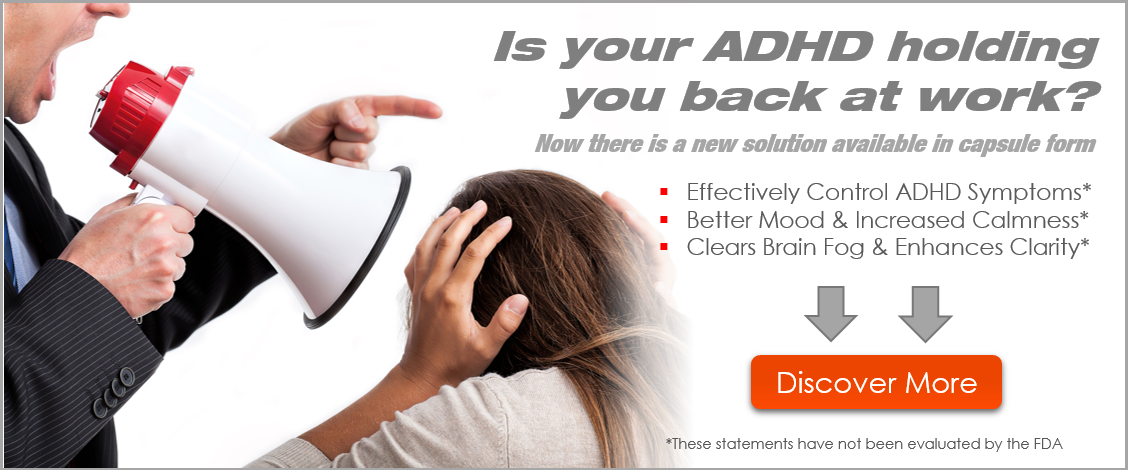Everyone goes through periods of deep sadness and grief. Although everyone feels down at times, these feelings are usually temporary.
These feelings typically fade within days or weeks depending on the circumstances.
However, depression can be diagnosed in cases where profound sadness lasts longer than two weeks and impacts one’s ability to function. There are many types of depression, including major depressive disorder and clinical depression. Depression can lead to severe symptoms, which can affect your ability to think, feel, and manage daily activities like sleeping, eating, and working. It can affect anyone, regardless of their age, race, income, culture, and education. Research has shown that depression can be caused by genetic, psychological, environmental and biological factors.
Depression is a mood disorder that causes sadness, low self-esteem and loss of interest. This is different than the mood fluctuations people experience every day.
Depression can be accompanied by other mental disorders or illnesses such as heart disease, diabetes, cancer, and chronic pain. These conditions can be made worse by depression, and vice versa. Sometimes side effects of medications for these conditions can lead to depression.
Common signs of depression are:
– An insatiable sadness, anxiety, or “empty” mood
– Feelings depressed or hopeless – Feelings that are irritable, frustrated, or uneasy – Feelings like guilt, worthlessness or helplessness – Loss or diminished enjoyment in hobbies and activities
– Feeling tired, depleted of energy, or “slowed down “
– Difficulty in concentrating, remembering or making decisions
– Trouble sleeping, morning awakenings early, or excessive sleep
– Unplanned weight or appetite changes
– Any aches or pains, headaches or digestive problems that are not caused by a physical cause, and that don’t improve even with treatment
– Suicide thoughts or attempts
There are many causes and sometimes multiple factors can trigger symptoms.
are some factors that could play a part.
Genetic featuresChanges in brain’s neurotransmitter levels
environmental factors
Social and psychological factors
Treatment for depression usually involves psychotherapy or medication. Brain stimulation therapy is another option if these treatment options fail to reduce symptoms. For mild cases of depression, psychotherapy may be used alone. If the person continues to have symptoms, medication can be added. Many mental health professionals recommend that patients with severe or moderate depression use a combination therapy and medication.
The right treatment plan should be chosen based on the individual needs of each patient and their medical condition under the care of a provider. You may need to experiment with different treatment options until you find the one that works for you. Learn more about the various types of treatment available, including medication, psychotherapy and brain stimulation therapies.









